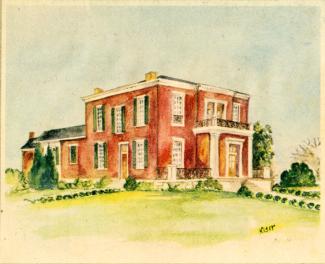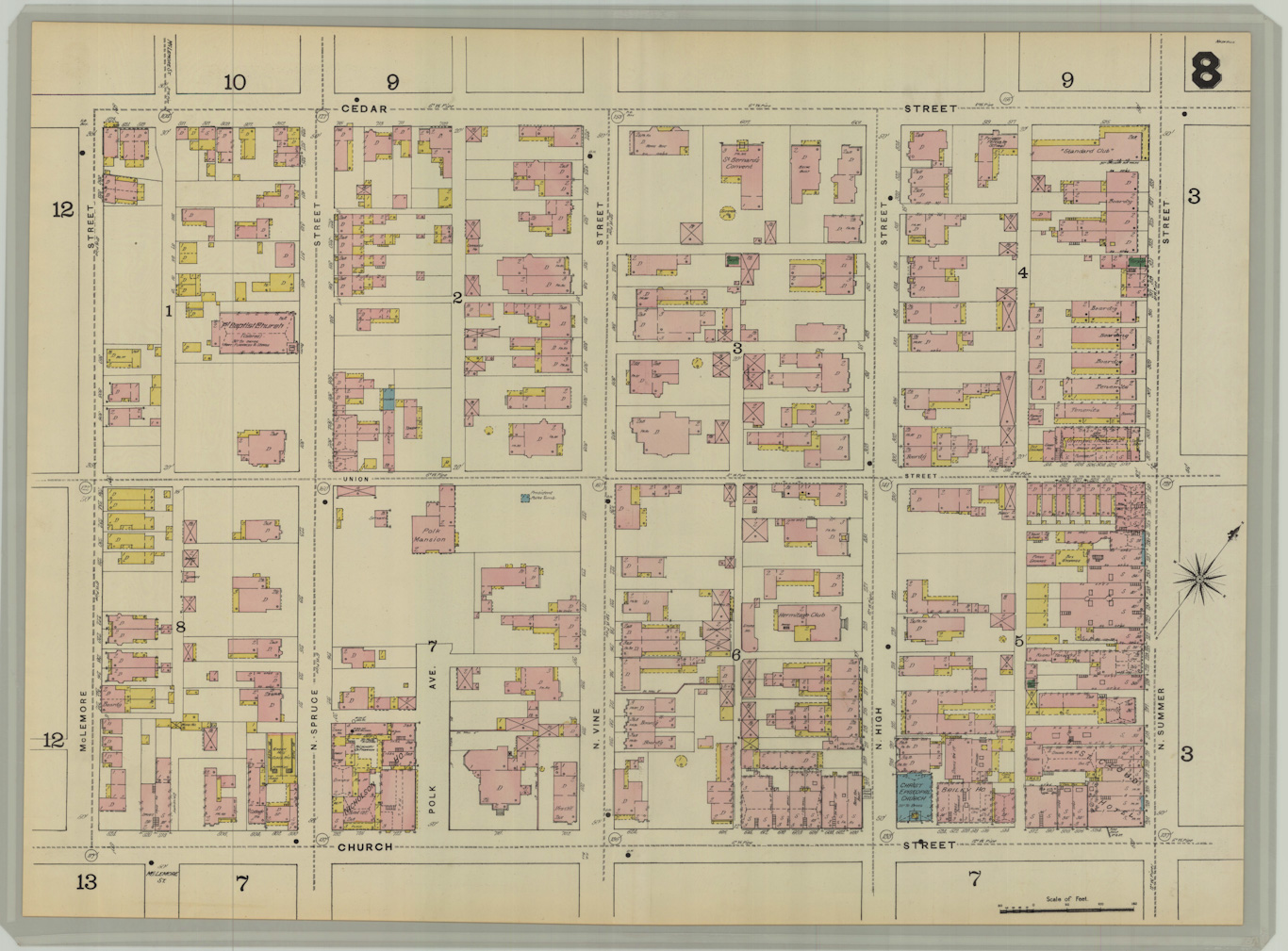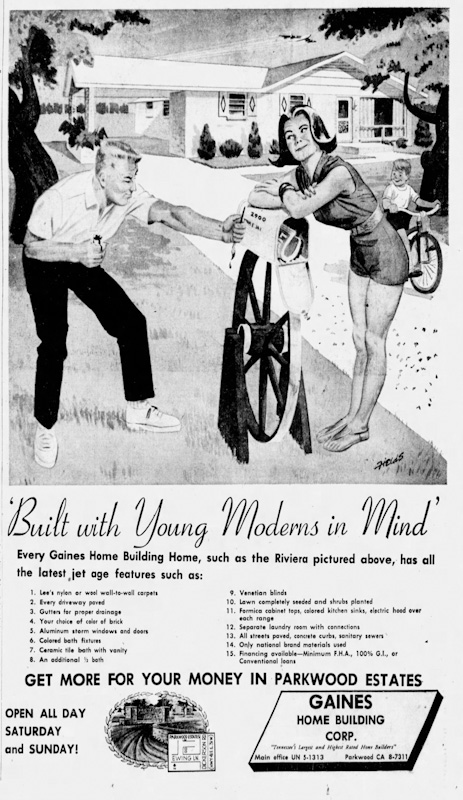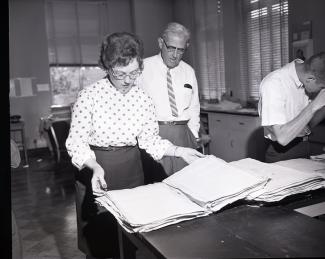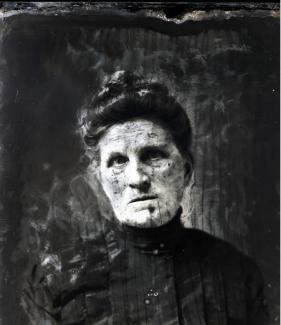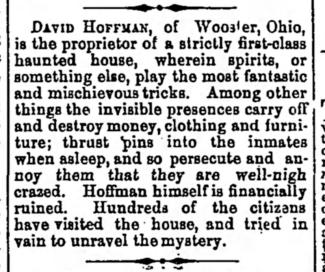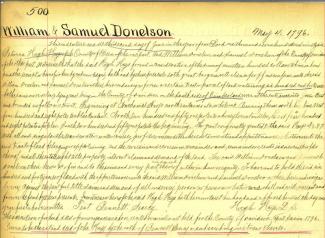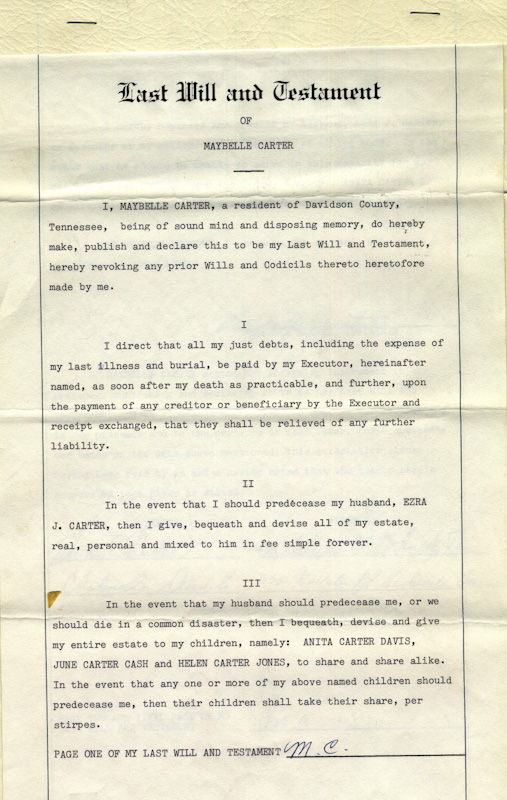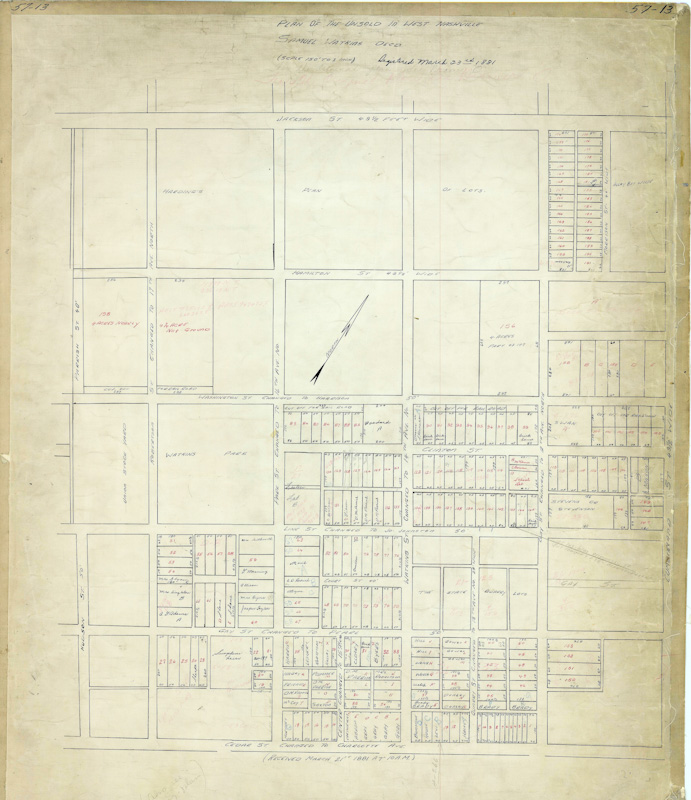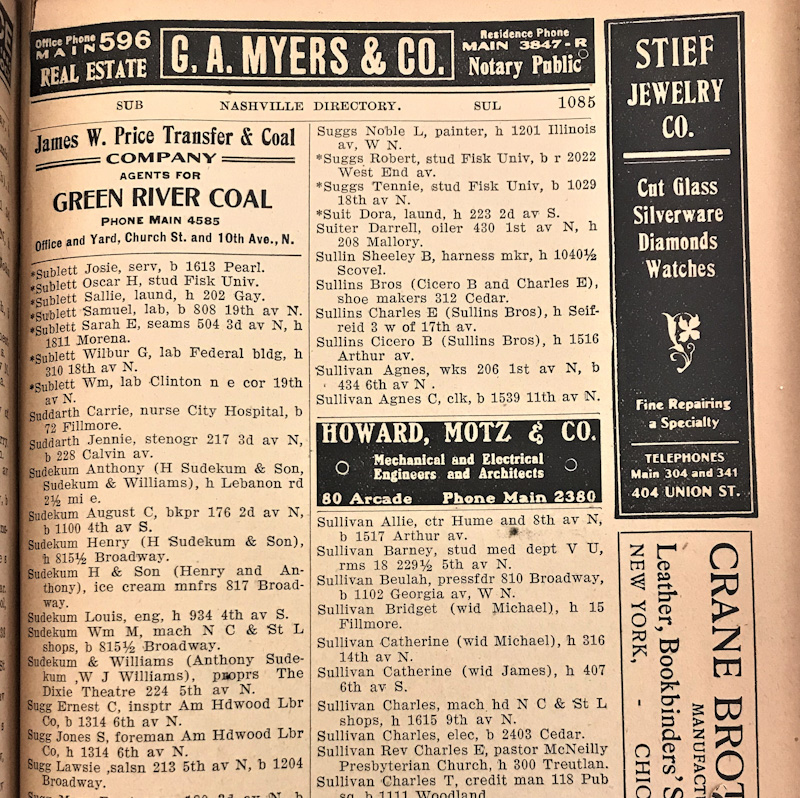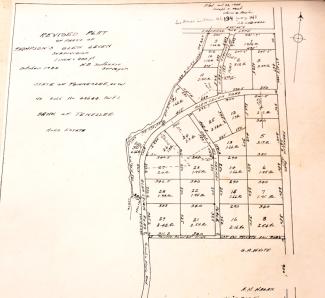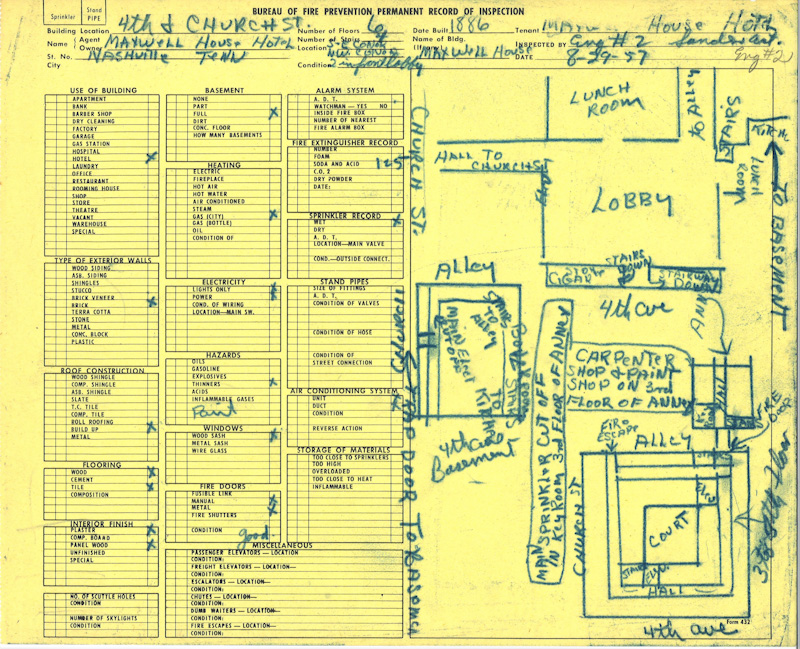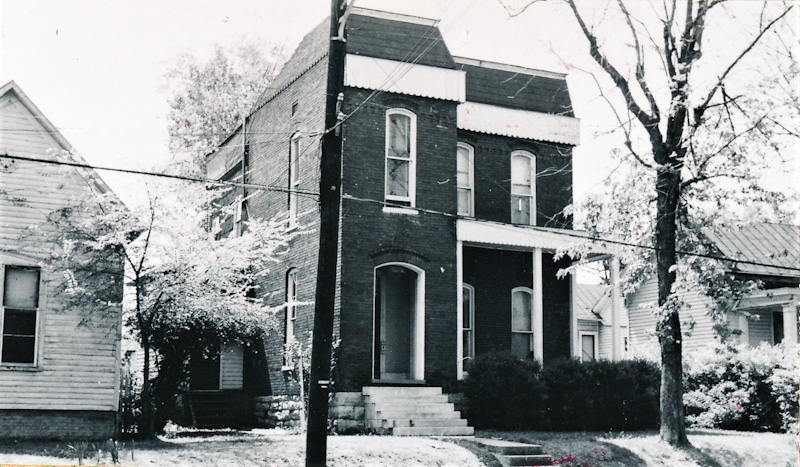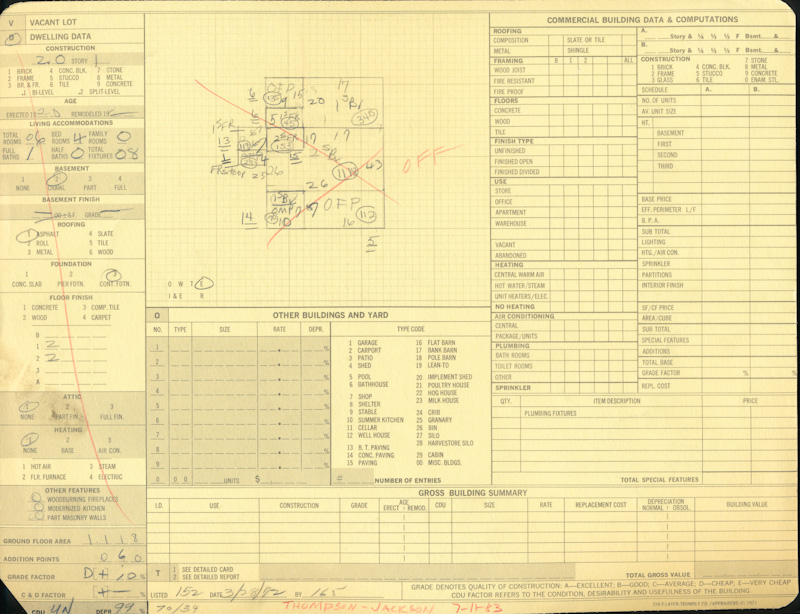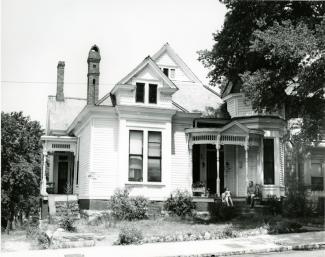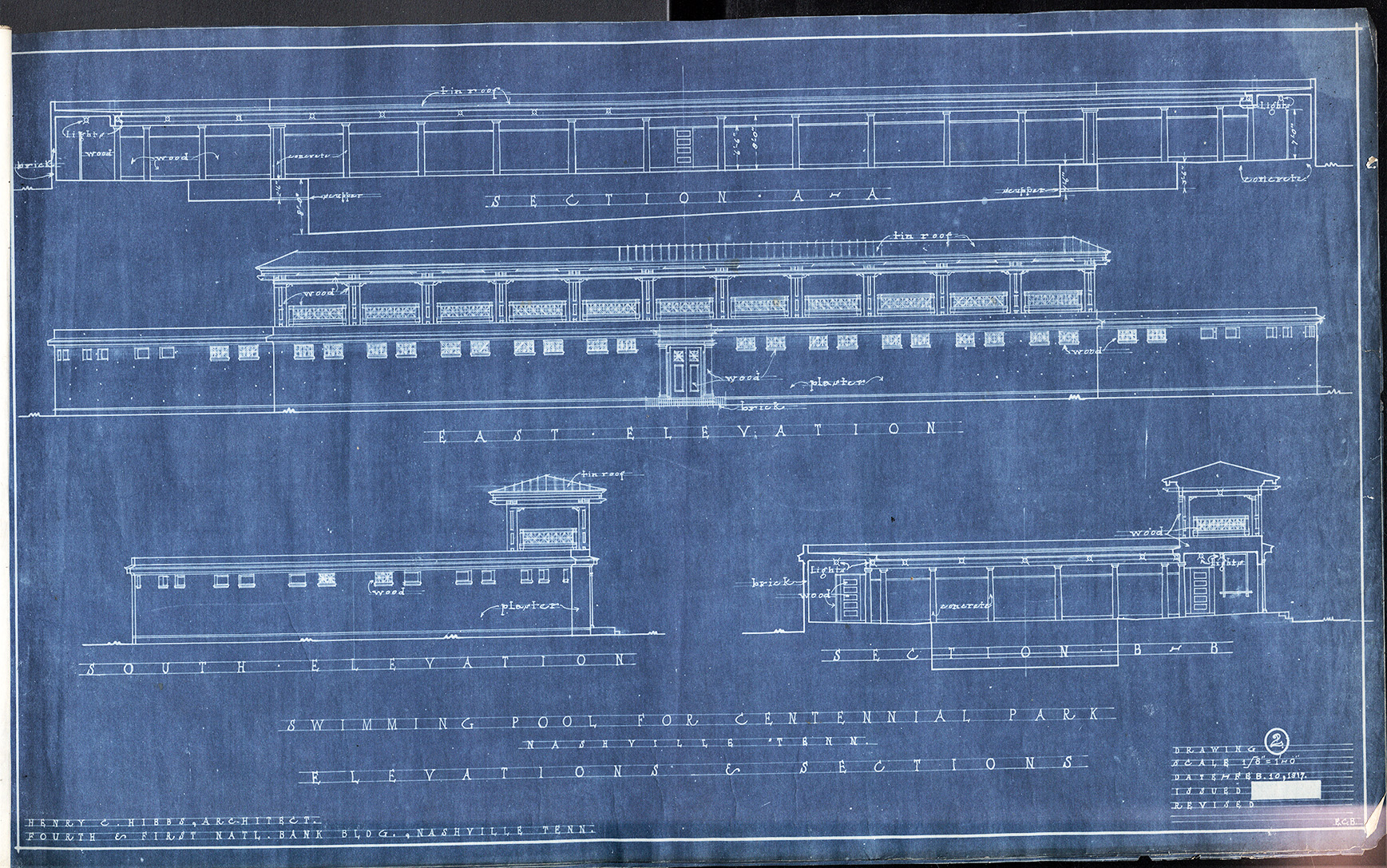
I planned to write this blog post sooner, but coincidentally, we've been busy responding to many property research questions lately so I've been catching up on those! But because we've received many more of these questions lately, here's a brief summary of what our property research entails, what we have to help you (and what we DON'T have), and how you can conduct your own research from the comfort of your own home!
What Is Property Research?
This description shouldn't take too long since the title "property research" is pretty self-explanatory, but here goes anyway. So say for instance you just bought an adorable little home in the Sylvan Park area or you're under contract but you've learned that a famous Nashville doctor lived there before (hypothetically speaking), so you're curious about what other stories the home could tell - you then start property research (a.k.a. genealogy for your home)!
Cool...But What Does that Really Mean?
Unless your home was just customized and built for you (like one of the tall skinnies), your home is going to have some history to it. So here are the basic resources we start with, and you can too since they're free online...
- Davidson County Property Assessor's Website
- This is a good starting point because you can search by address or homeowner on the website. From there, the website provides the basic details of your home such as who the owner is (you), what you paid for it (yes that's public record), the approximate year it was built, specs of the property (acreage, square footage, etc.), and historical data. Plus plenty more details but we tend to navigate to the historical data. From there, you can see the sales history of the home and the previous appraisal amounts. But there's another website that goes one more step further for you...
- Nashville Planning Department's Parcel Viewer
- Props to David Kline and the Planning Department for creating this gem of a website that provides ownership history, property history, zoning history, assessment history, permit history, a giant zoomable map, and pretty colors. For real though, you can start here in your research and spend hours. Not only are there deeds included on the website, but as opposed to the property assessor's page, you can click on and view each deed as opposed to tracing them (like we have to do before a certain date).
- Census Records
- Census records are useful for more than just researching your family genealogy; you can also use these records to learn about the neighborhood you are researching, who lived in each household and what they did for a living, birthplace info, and especially for the 1940-50 census' - answers pertaining to the military.
- Sanborn Fire Insurance Maps
- While we also have several physical sets of these books in our archives, the Library of Congress website also offers them online to be downloaded. These are great resources to show what existed on your property before your home, around your home, and even help narrow down its build date (if unknown).





